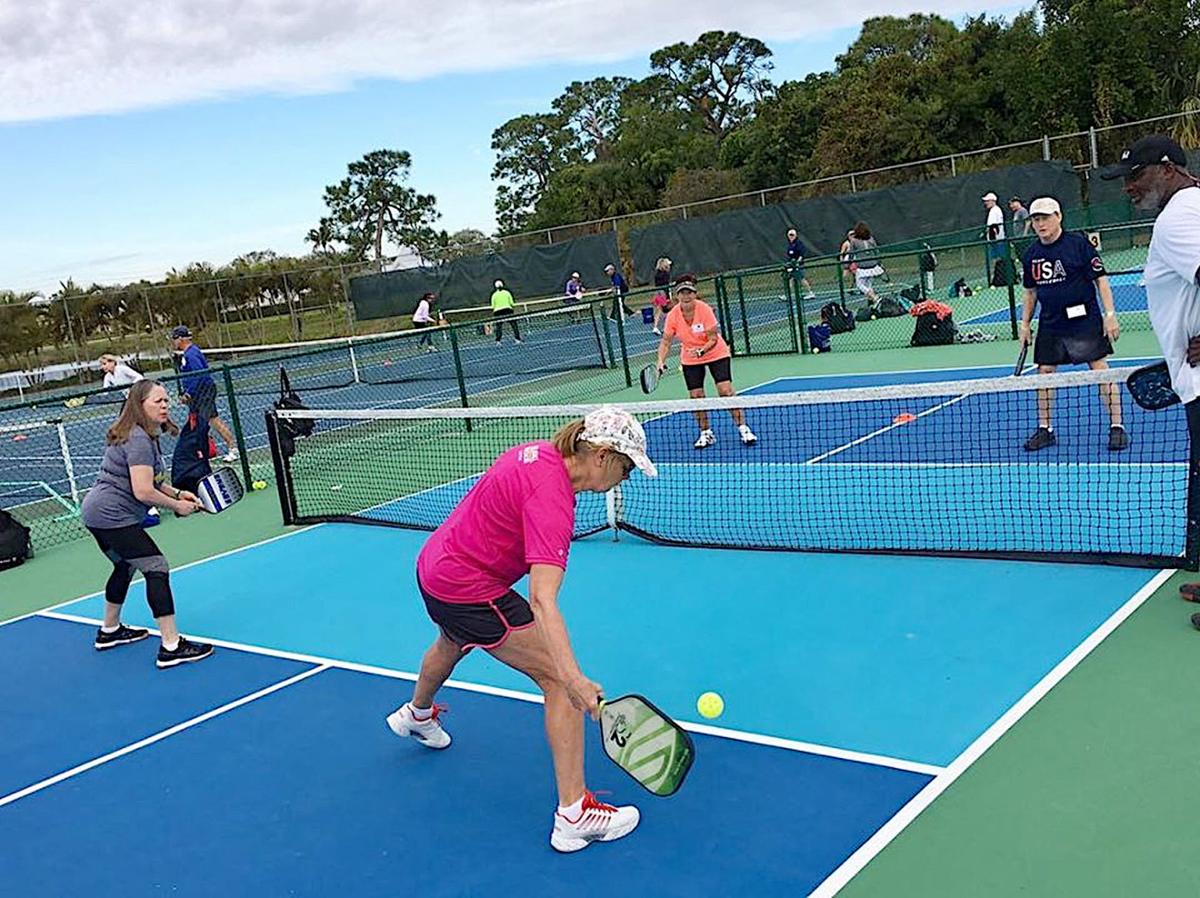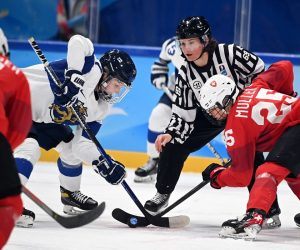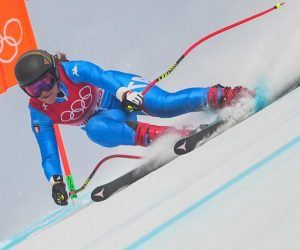Head to any public tennis court in America and you may see people playing something that looks a bit like tennis, but is clearly something different. The game of Pickleball uses solid paddles, a polymer ball that looks like a wiffleball, and a smaller court – not to mention different rules. But what may have seemed like an oddity a few years ago is now one of the fastest growing sports in the United States.

Pickleball began picking up steam in the last decade and while hard numbers on participation aren’t available, there are indicators that it may now be the single biggest growth sport in America, especially as portable sets sold rapidly during the COVID-19 pandemic. That leads to a big question: can Pickleball ride this wave of popularity to become an Olympic sport?
How Pickleball stacks up as an Olympic sport
Fans of the Olympic Games know that sports regularly come and go from both the summer and winter versions of the international festival. The Summer Olympics added sport climbing, surfing, karate, surfing, and baseball/softball for the 2020 (now 2021) program, for instance. My favorite sport – curling – rejoined the Winter Olympics as a medal sport in 1998.
But the road to joining the Olympics isn’t an easy one. Sports that wish to participate must meet dozens of criteria in five categories. In some of these, Pickleball performs rather well.
There’s no doubt that the sport is something that would fit into the Olympics in terms of image, as athletes already compete in many other racquet sports during the Summer Games. Organizers could host Pickleball at a low cost, likely without having to build any sport-specific arenas. The sport offers gender equity, with men’s, women’s, and mixed competitions played widely. And the International Federation of Pickleball (IFP) governs the sport on an international level, a necessary structure for Olympic inclusion.
In other areas, however, Pickleball hasn’t yet reached the level where the International Olympic Committee would seriously consider a bid. The IFP website claims 46 member national federations: impressive for a sport that’s only existed since the 1960s, but a low number by Olympic standards. A Professional Pickleball Association exists, but hosts nearly all of its events in the United States; its 2021 schedule includes just one international event, the Toronto Cup.
International play limited thus far
That bodes poorly for Pickleball in the category of “popularity,†by which the IOC largely means the commercial value of putting a sport into the Olympics. Television deals, level of sponsorship, and media coverage all receive strong consideration by the IOC, and Pickleball doesn’t yet attract that much attention.
There’s also not much in the way of international competition yet. The IOC considers the level of participation by national federations in continental and world championships when choosing Olympic sports. The IFP runs the Bainbridge Cup as its biggest international tournament, though the event pits North America against Europe, not various nations against each other.
Prepping for â¦@thenewsoncnbcâ© with a story on the fastest growing sport In America starting to bring in $$ for its stars. #pickleball #NewportBeachCC pic.twitter.com/eB8GXLSn6n
— janewells (@janewells) April 16, 2021
But none of this should surprise anyone: Pickleball is relatively new, even in the United States, and still growing. The IFP lists Olympic inclusion as an ultimate goal, not an immediate one, and says it is committed to introducing Pickleball to more nations. Pickleball is likely decades away from having a chance at becoming an Olympic sport.
That said, there’s one possibility that could speed up that timeline. Local organizing committees now have the ability to recommend sports that will play well in the host nation. Pickleball still wouldn’t make the cut today — even in the United States – especially as the IOC tries to limit the total number of events at each Olympics. But it’s possible that the sport could continue to grow to the point where a future American Summer Olympics includes Pickleball, even if only as a one-off exhibition sport. If that happens, it could spark a boom that eventually finds it a regular spot in the Summer Games.











